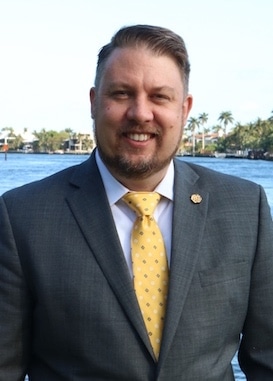As featured in The Island Packet
Human beings long for connection. We long for community. We seek to be loved. Yet most of the time, as if a flashing beacon of our self-abuse, we act like this isn’t the case.
As a result, we pretend that what we do doesn’t affect others. We blame others as a way to release our discomfort and/or pain. We fantasize that we are certain about almost everything in order to try and maintain control.
Brene Brown, a popular research professor, claims that because we hold to these pretenses we repeatedly find ourselves in precarious positions. We find ourselves feeling shame, feeling unfit and feeling undeserving of love. And this leads us to personal insecurity that wonders, “What happens if others view me like this also?”
In some ways we all feel inadequate or unworthy.
“We believe that we aren’t rich enough, thin enough, beautiful enough, smart enough, promoted enough …” Brown says.
Anyone can add their own adjective of deficiency and easily join right in on this exercise of self-deprecation — and we often do. But this feeling of defectiveness ultimately boils down to our fear that if others really knew about our flaws then we would be at risk of being disconnected with them. And so instead of facing our fears and opening ourselves up to being honest about our vulnerabilities, we instead hide with our shame.
Jesus calls us to something very different. Christ urges us — commands us even — to be released from our fears of defectiveness and shame and to venture out boldly in love. He charges us to be vulnerable and to confess our shortcomings so that we expose our weaknesses. This exposure then allows us the freedom to break free from the shackles of shame.
How does this happen? Well, the reality is that every single person capable of feeling emotion has these feelings. We all have shame and we all feel inadequate sometimes. But the thing that holds us down is not the shame or the inadequacy — it is the fear of being exposed.
Jesus gets us past this fear by instructing us to have the courage to expose ourselves, to reconcile ourselves with those we’ve harmed, and to move on by helping others to be freed as well. And so in this self-exposure we become better people because we become more honest people. We become a people humbled.
It is in this humility that we find gratitude. And the gratitude is authentic because we know what it is like to suffer in isolation and, now, we give thanks because that is no longer our reality. And it is in this understanding that our circumstances have changed that we are able to finally experience joy and healing.
I would bet that, right now, as you are reading this, you know in which of these two camps you currently reside. If you are in the first camp you already know that you have joy and have begun the process of healing. But if you are in the second camp you are likely emotionally exhausted from hiding in fear from your inadequacies because deep down you just don’t believe that you are good enough.
If the second description describes you — isn’t it time to come clean? Isn’t it time to stop hiding? Isn’t it time to become vulnerable and be released from the fear and the stress and the anxiety?
I’ve got news for you: No matter what shame you are concealing — you are worthy of being loved. You are worth of being in community. You are worthy of being connected with others.
It is 100 percent worth the risk that it takes to emotionally expose oneself in order to enter into that grace. Stop letting the fear control your life. Be free. Step out into vulnerability.





























